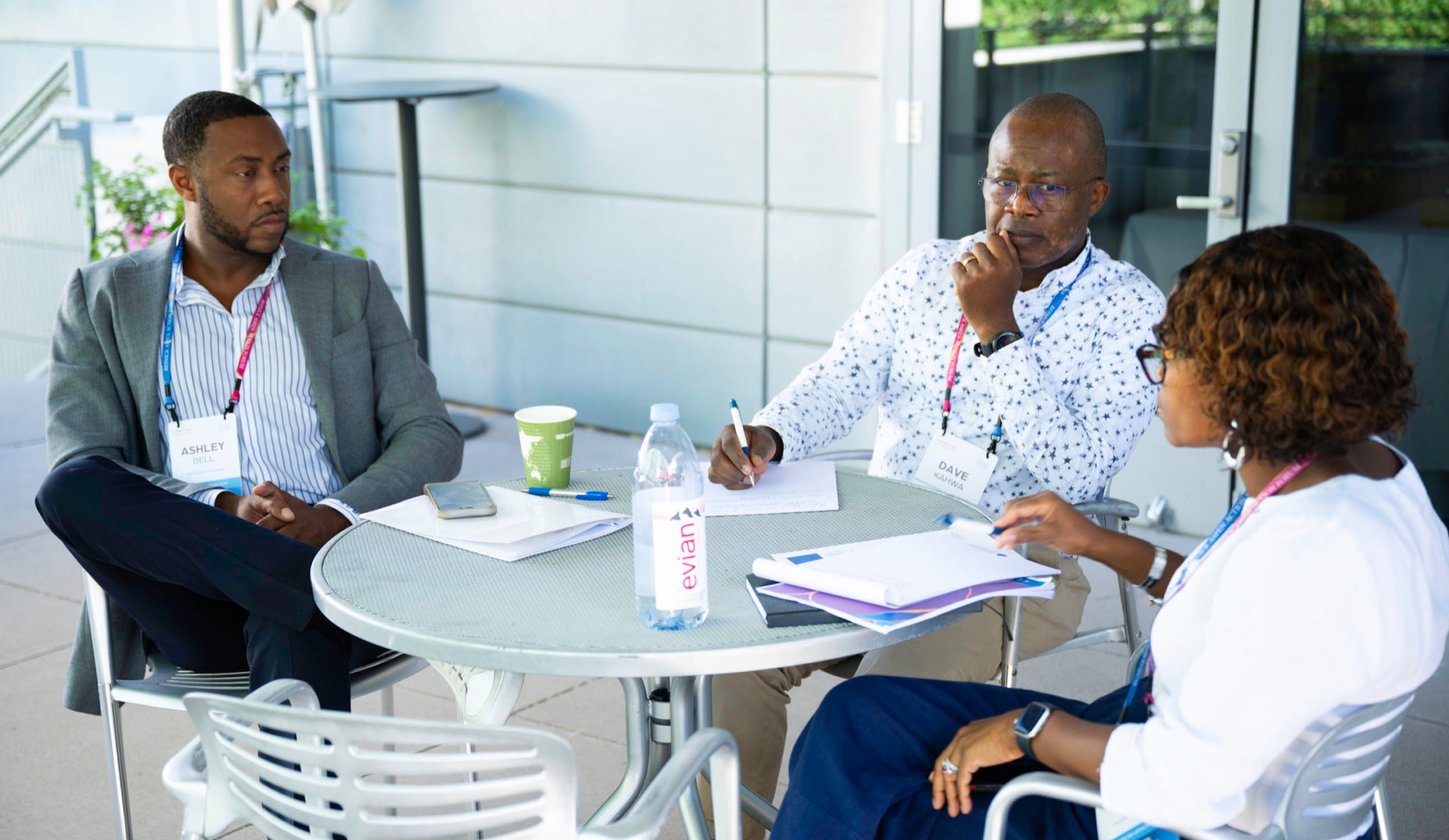Join Us for Breakfast at the Aspen Institute on Oct. 4th at 8:15am
When The California Endowment wanted to evaluate the impact of their Clinic Consortia Policy and Advocacy Program (an 8-year, $18.8 million, multi-site project), they turned to Annette Gardner for help. At our Advocacy Evaluation Breakfast on Oct. 4th, Dr. Gardner will present her findings and discuss some innovative tools advocates and evaluators may use to determine the impact of advocacy. Please RSVP here. All the cool kids are doing it.
CAUTION: Watch Your Step
How many slaves work for you? According to the Fair Trade Fund, the answer depends on the products you buy. In fact, the average consumer has 55 slaves. The Fund’s Slavery Footprint project aims to educate the public on the pervasiveness of forced labor in the global economy. Casual in tone and visually appealing, their website can spark conversation—and maybe real change.
Political Rhetoric
Timothy Eagan discussed in last week’s New York Times how irresponsible (dare we say, “truthy”) political statements do damage by blinding the public to the realities of medical and environmental problems. To challenge untruths and spark positive change, he suggests a combination of advocacy and passion. In our experience, adding effective planning and periodic reflection to the mix increases your chances for success. And that’s not our gut talkin’.

